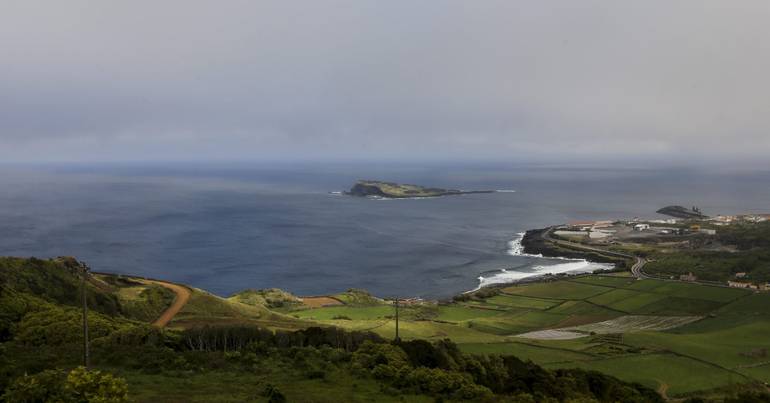

Recent events across Portugal and beyond reflect both vibrant growth in infrastructure and shifts in the local political landscape, underscoring a period of dynamic change and opportunity.
In a significant move for the municipality of Santa Cruz da Graciosa, the local government has announced the launch of a construction project for the Barra Recreation Port. As the largest undertaking of its kind ever sponsored by the municipality, the project’s launch highlights Santa Cruz da Graciosa’s commitment to enhancing its infrastructure and boosting local maritime activities, promising economic benefits and increased tourism appeal.
Meanwhile, on a broader scale, the Portuguese Ministry of Infrastructure and Housing has confirmed substantial financial backing for the railway sector, with an impressive €875 million loan secured from the European Investment Bank. This funding will support the construction of the high-speed rail section between Porto and Oiã, an investment that holds the potential to transform regional connectivity, reduce travel times, and contribute positively to economic development. The project is seen as a step forward in aligning with sustainable transportation goals.
Within the realm of politics, changes are also unfolding in various municipal arenas. Notably, a former member of the Social Democratic Party (PSD) has emerged as the candidate for the Chega party in Santa Cruz. This move adds a new dimension to the upcoming municipal elections, where the current executive is predominated by the JPP party, complemented by a single PSD representative. Such political shifts suggest evolving alliances and potentially diverse governance strategies for the region’s future.
In Albergaria-a-Velha, an educational professional, Libânia Pires, has been selected as the CDU candidate for the municipal elections. With the current mayor, António Loureiro of the CDS-PP, reaching the end of his term limit, this candidacy represents a new chapter for the municipality. The political climate in Albergaria-a-Velha is set for renewal and perhaps reconfiguration, as citizens prepare to exercise their democratic rights in the elections.
Beyond Portugal, the humanitarian landscape continues to challenge, as seen in Mozambique’s Cabo Delgado province, where conflict has led to over 26,000 displacements in recent weeks. The area has been troubled by ongoing extremist activities, with casualties rising significantly. International efforts remain focused on addressing these crises, highlighting the need for sustainable peace and security solutions. Initiatives to support displaced populations aim to mitigate the immediate impact while working towards long-term stability.
Each of these developments—spanning infrastructure projects, political shifts, and humanitarian concerns—represents a narrative of change that carries both challenges and the promise of advancement. As investments and transformations unfold, they offer not only an opportunity for economic growth but also the fostering of resilient communities. Collectively, these events underscore a mindful approach to progress, prioritizing sustainable and inclusive solutions capable of uplifting society.
Source: {link}
